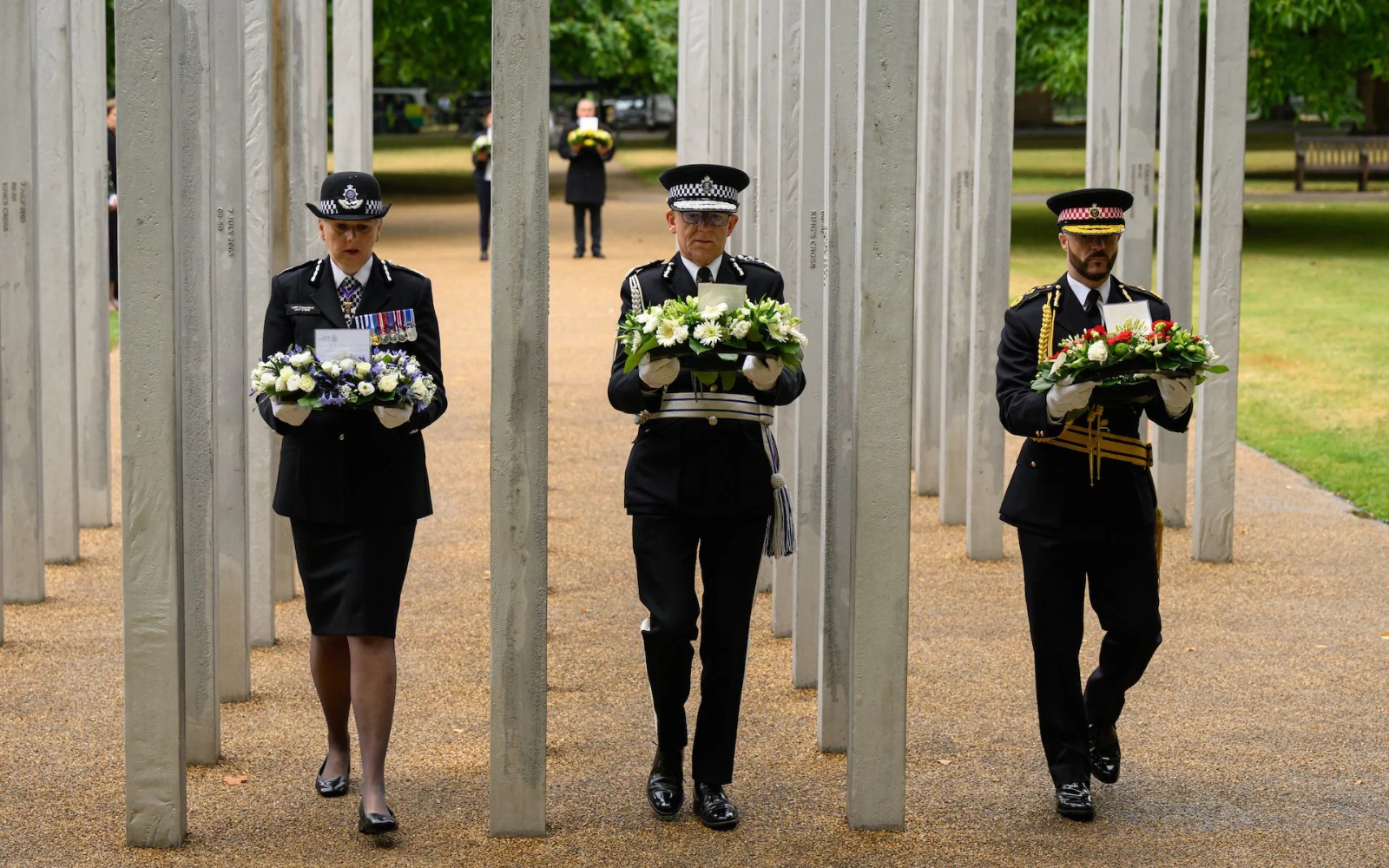Twenty years after 7/7, Britain needs a national compact with its Muslim citizens
ArticlesBy: Mohammad bin Abdulkarim Al-Issa
Twenty years after 7/7, Britain needs a national compact with its Muslim citizens
Fighting extremism means tackling the root cause of societal alienation
Today marks twenty years since the 7/7 bombings took 56 lives and changed Britain forever. The pain of that day lives on for victims and their families. But the aftermath left another scar borne by British Muslims, who have since faced not only grief, but also blame, suspicion, and political marginalisation.
In the two decades since, the UK has poured vast resources into counter-terrorism efforts. Whilst necessary, these responses unintentionally reinforced the perception that Muslim communities were under suspicion, rather than valued partners essential to the solution.
With a new government in power, there is an opportunity to learn from these experiences – not only in policy, but in principle. That begins by recognising a simple truth: in the fight against extremism, British Muslims are this country’s most credible, connected and committed allies.
They are on the frontlines every day – raising their children to resist hate, challenging extremists in their communities, and patiently building social cohesion.
I know this from experience. I have spent years engaging Muslim communities across the UK and the world. In 2023, I convened one of the largest gatherings of British Muslim leaders in London. They told me they want their children to grow up feeling proudly Muslim and proudly British, without contradiction. They want to protect their faith from distortion. And they want to work hand in hand with state to keep their communities – and country – safe.
But that trust is broken. And without trust, the door is left open for radicalisation. Only last month I met with Deputy Prime Minister Angela Rayner to discuss the issue of trust, address anti-Muslim hatred and how Muslims can contribute to strengthening British social cohesion.
Recent polling shows over 80 per cent of British Muslims want the UK to impose sanctions on Israel. Turnout in Muslim-majority wards dropped by as much as 33 percentage points in the general election. Many young Muslims say they feel politically voiceless, misrepresented, and watched.
If young British Muslims feel alienated, targeted, or unwanted, it becomes far easier for extremists – be they far-Right agitators or those distorting Islam for violence – to exploit that sense of rejection. Both ideologies feed off the same grievance: that Muslims don’t belong.
That is why I am calling for something bold: a new National Compact for Muslim Partnership.
This is not a new quango or a political slogan. It is a shift in mindset and method – one that puts community-led faith initiatives at the centre of preventing extremism, not merely as secondary partners under scrutiny, but as co-architects of national resilience.
Whether extremism is cloaked in religion or fuelled by the far-Right, they must be tackled together, recognising that both are twin threats to British society – and that British Muslims are often victims of both.
British Muslims need a fundamental commitment: no more guilt by association, no more treating religious identity as a red flag, no more sidelining the voices best placed to help.
Internationally, we have seen this work. In Canada and Denmark, local faith communities are trusted partners in national resilience strategies. In Senegal and Indonesia, religious leaders are empowered to reclaim the moral narrative from extremists. Where trust is built, extremism shrinks. But where dignity is denied, radicalisation festers.
I have spent my life promoting Islam’s authentic theology of peace, coexistence, and human dignity. From interfaith diplomacy with rabbis and cardinals, to defending women’s rights in the Islamic world, to helping rehabilitate victims of terrorism in Nigeria and Pakistan – I have seen one lesson repeat itself: exclusion breeds radicalism. Inclusion disarms it.
Today, British Muslims reject violence and extremism in overwhelming numbers. They cherish their faith and their country. But they cannot fulfil their full potential if they are treated as suspect or silenced when they speak out. This is a historic moment. A new government. A new mandate. A new chance to reset relations.
The 20th anniversary of 7/7 should not only be a moment of remembrance – but of renewal. We honour the victims not just by recalling their names, but by ensuring the next generation lives in a Britain that is safer, stronger, and more united. That means confronting extremism with clarity – but also confronting alienation with courage.
So I urge Britain’s leaders: don’t squander this moment. Rebuild trust. Recognise dignity. Create a true partnership with British Muslims, not just in words, but in power, policy, and presence. Because in the struggle against extremism, there is no greater ally.
This article was originally published in The Independent Read here.


